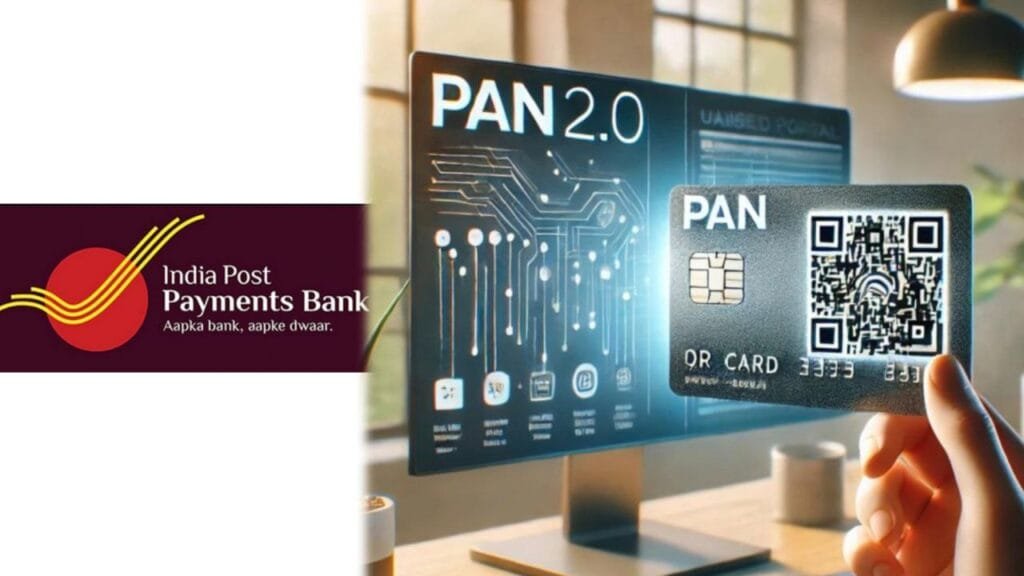PAN Card 2.0 Scam: How to Protect Your India Post Payments Bank Account
India Post Payments Bank (IPPB) customers are receiving messages that claim their accounts will be blocked within 24 hours if they don’t update their PAN Card 2.0 details. These messages also include suspicious links that lead users to scam websites. The scammers are using phishing methods to trick people into sharing their sensitive information.
What Did PIB Say About the PAN Card Scam?
The Press Information Bureau (PIB) has confirmed that these messages are fake. India Post has clarified that it does not send such alerts and warned the public not to click on suspicious links or share any personal information. In a post on social media platform X, PIB stated, “The claim that IPPB accounts will be blocked within 24 hours if PAN details are not updated is false. India Post never sends such messages.”

Scammers are now targeting individuals with the new PAN Card 2.0 rules! If you have an account with India Post Payments Bank (IPPB), be aware of a new scam circulating. Reports have surfaced about fraudsters sending fake messages to IPPB account holders, claiming that their bank accounts will be frozen unless they update their PAN card details.
The scam messages typically include a link asking users to update their PAN card information. Many people, fearing their accounts will be frozen, end up clicking these harmful links, unknowingly putting their personal information at risk. The scammers are taking advantage of the new PAN Card 2.0 regulations recently announced by the government, and many are falling victim due to a lack of awareness.
IPPB’s Advice to Protect Your Account
IPPB has shared some important tips to help you secure your finances:
- Update your passwords regularly.
- Avoid using fake customer care numbers.
- Keep an eye on your account activities.
- Don’t click on suspicious links.
- Be cautious when using public Wi-Fi.
- Always verify the authenticity of any banking messages.
How to Protect Yourself from PAN Card Scams
- Beware of Suspicious Emails: Never open email attachments or click on unknown links. Cybercriminals often hide harmful content in these links to steal your personal and financial details.
- Check for Errors: Always scrutinize the details in emails or messages. Look for typos, grammar mistakes, or offers that seem too good to be true—these are signs of a scam.
- Be Cautious with Password-Protected Files: Scammers often use password-protected files to hide viruses. Opening these files can compromise your device and steal your information, so never open them.
- Strengthen Your Security: Regularly update your online banking passwords. Although it’s difficult to remember many passwords, you can use password managers like Google’s to store them securely. Always make sure you are interacting with authentic customer care numbers and verify any banking communication you receive.
Stay alert and protect your personal and financial details to avoid falling for these scams.
YOU MAY LIKE IT: Punjab 95: Diljit Dosanjh’s much-awaited film will hit cinemas this February

